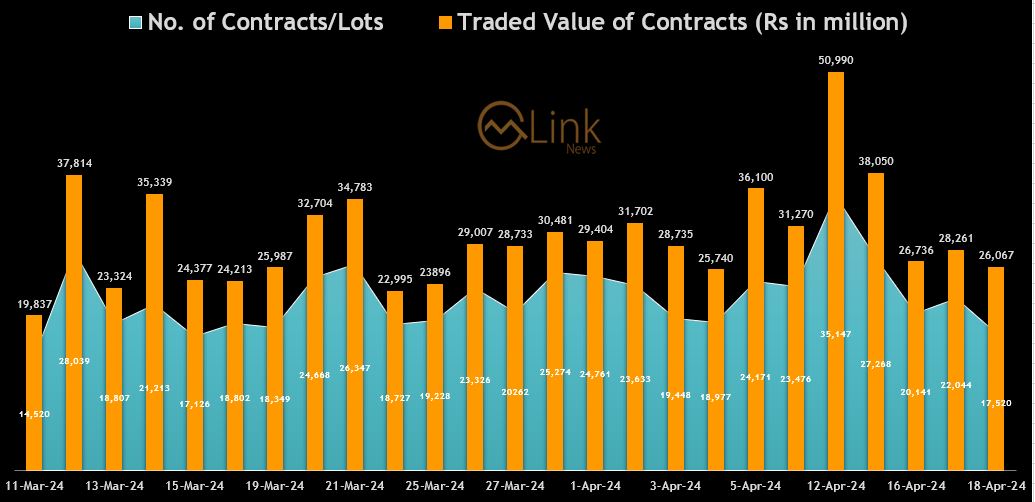You found a house you love, hired a real estate agent and made an offer. Now what? The home buying process may seem simple enough for those who’ve done it before. But for the rest of us … not...
You found a house you love, hired a real estate agent and made an offer. Now what?
The home buying process may seem simple enough for those who’ve done it before. But for the rest of us … not so much.
We’ve rounded up everything you need to know about the negotiation phase of home buying — specifically what happens after you make an offer on a house.
How Long Does it Take to Close on a House?
The time it takes from when you make an offer and close on the home can vary quite a bit depending on where you live and the seller you’re working with. Here’s a typical timeline.
Sellers Take up to Three Days to Respond to Your Offer
“Buyers typically make an offer to the seller through a real estate agent in a document called a letter of intent,” says real estate attorney Rajeh A. Saadeh. “Most offers have an expiration date within the letter, but either way, buyers usually receive responses from sellers within one to three days.”
Since responding quickly is seen as a common courtesy, you should expect to hear back from your seller (or their agent) with an acceptance, counter-offer, or rejection by the third day. There are some situations in which a seller may take longer to respond, which we’ll explain.
What Happens After Your Offer is Accepted
Assuming your offer is accepted, you’ll typically have three days to make what’s called an earnest money deposit, which acts as proof to the seller of your intent to buy the home.
From there, the process evolves into a series of formalities that include getting a home inspection, receiving your loan approval and eventually closing on the home.
Although these details are often managed by your real estate agent, it’s good to have a rough idea of what each step involves. Generally, if you’ve made an offer on a home, you’ll want to get it inspected — even if the seller provides an existing inspection report. Hiring a trusted third party home inspector guarantees you understand the ins and outs of the house you’re buying, and is a worthy investment for any buyer. Home inspections usually take several hours and cost about $500 to $700.
After the inspection, you’ll be waiting to hear from your lender on the final loan approval. While this might sound a lot like the initial loan approval you received (also called your prequalification letter), it’s a little different. This final loan approval involves the lender (and their underwriter) reviewing all the details on the property, including things like the appraisal and any paperwork mentioned in the contract. It’s the final step in closing your loan.
“If your offer is accepted, the sale process begins, a deposit is made within three days, and inspections and appraisal are typically completed within 17 days,” says broker Brandon Brown. “Loan approval is then completed before 21 days, with the closing of the property happening around day 30.”
Keep in mind that closing can take longer, with some real estate experts reporting up to 45 days before finalizing the deal.
What Happens at Closing?
Once your lender has given the final loan approval (and produced the corresponding documents), they’ll be ready for your signature. Before COVID-19, signing typically happened with all parties (buyers, sellers, real estate agents and notaries) present. But with more transactions happening remotely and mobile notaries becoming more common, getting everything signed and notarized might take a little longer.
When all of the required documents are finally signed, they’ll be sent back to your lender for one more review, at which point the funds to purchase your new home will be released and a title will be generated. This title officially transfers ownership of the property from the seller to the buyer, and once it’s in place, the home is legally yours.
Somewhere between getting all your paperwork in order and ready to be signed, you may decide to do a final walkthrough. This step is usually more of a formality, but it also guarantees that the home is in the same condition as the day the offer was made — and it’s worth doing, especially if you have any outlying concerns.
Why Haven’t I Heard Back on My Offer?
Sometimes, sellers can go much longer than three days before responding to an offer. There are a few reasons for this. Here are the most common ones.
Sellers May Get Multiple Offers
If a seller receives a lot of offers, or expects to receive them, this can delay their response time.
“Sometimes a seller may want to hold off on responding to the offer to see if other offers may come in,” says Saadeh. “For example, if an offer is made on a Friday before a weekend where there will be an open house and good weather.”
The same could be true if the seller has upcoming tours (virtual or in person) that they think might result in a competing offer. While it isn’t considered good practice to leave buyers hanging indefinitely, a seller may put off responding by a few days in this situation.
What to Do if Your Offer is Rejected or Countered
If your offer is countered or rejected, you have a few options.
“If the seller counters, then the buyers have to decide whether to accept the seller’s new terms, or counter back and continue the negotiation until an agreement is made,” says Brown.
In the case of a rejected offer, you’ll likely want to start hunting around for a new house. But if you really love this home in particular, you can talk with your real estate agent about making another offer on it.
“If the offer is rejected, usually the conversation ends,” says Saadeh. “But the buyer can make another offer if they so choose.”
At this point, the seller will again either accept, reject, or counter your offer. Since sellers aren’t under any obligation to respond to offers at all, it’s possible they even ignore your offer — especially if it’s an unappealing one. If that happens, chances are you just didn’t make a compelling enough bid.
Here are a few ways to avoid having your offer ignored.
How to Make a Competitive Offer
Since you’ll rarely find yourself in a situation where you’re the only interested buyer, it’s important to know how to make a competitive offer. One of the most common reasons offers are rejected or ignored is when they’re perceived as shockingly low. But there are other reasons a seller might disregard or reject your offer.
“Even a higher offer may be less likely to be accepted by the seller if the buyer is asking for too many concessions or for the seller to pay for things that aren’t typically seller-paid in the contract,” says Scott Trent, CEO of Bigger Pockets. This might include things like getting the home surveyed and appraised, which are usually considered buyer expenses.
“Closing cost concessions requested by the buyer can pose an issue because they cut into the seller’s net profits,” says Trent. “Asking the seller to pay for things they normally wouldn’t may result in the seller choosing someone else’s offer over yours.”
Another reason sellers might say no thanks? If it doesn’t seem like you’re a serious candidate.
“Sellers want to know that you can close,” says Trent. “Include a copy of your pre-approval letter, or go one step further and have your lending officer call the seller’s agent and let them know how qualified you are.”
Find out what matters most to your seller, and you’ll be one step closer to making an offer they’re willing to accept.
This was originally published on The Penny Hoarder, which helps millions of readers worldwide earn and save money by sharing unique job opportunities, personal stories, freebies and more. The Inc. 5000 ranked The Penny Hoarder as the fastest-growing private media company in the U.S. in 2017.














